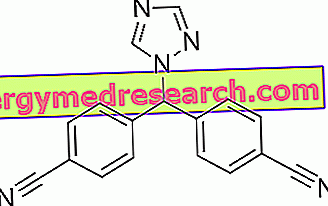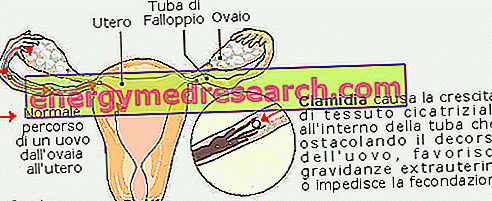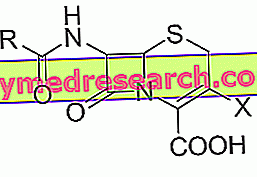The inotropic adjective belongs to any agent capable of altering the contraction force of a muscle. The term inotropic is widely used in the medical field, especially in reference to the action of some drugs on myocardial contractility. This effect can be:
positive inotrope: increase in the contractile strength of the heart muscle;
negative ionotropic: decreased contractile strength of the heart muscle.
The adjective chronotropic belongs to any agent capable of altering the frequency of contraction of the heart muscle. The term chronotropic is widely used in the medical field in reference to the ability of some drugs to alter the heart rate. This effect can be:
positive chronotropic: increase in heart rate (tachycardia action);
negative chronotropic: decrease in heart rate (bradycardia action);
Drugs such as digitalis have a positive inotropic action, given the ability to increase the contraction force of the myocardium. These medicines are used to support the cardiac function in case of heart failure, cardiomyopathy, heart rate control in case of atrial fibrillation or supraventricular tachycardia (therefore they have a positive inotropic and negative chronotropic action).

Among the endogenous molecules, therefore produced by our body, hormones such as thyroxine, noradrenaline and adrenaline exert an inotropic and chronotropic positive effect, while acetylcholine exhibits a negative chronotropic effect.



